When it comes to home décor and construction, choosing the right type of tile is crucial. One popular option is dry pressed ceramic tile. In this comprehensive guide, we will explore everything you need to know about dry pressed ceramic tile, from its manufacturing process to its advantages and applications.Dry pressed ceramic tile, also known as dust pressed or simply pressed tile, is a type of ceramic tile that is manufactured using a dry pressing technique. This technique involves compressing a mixture of clay, quartz, and other materials at high pressure in order to create a dense and durable tile.
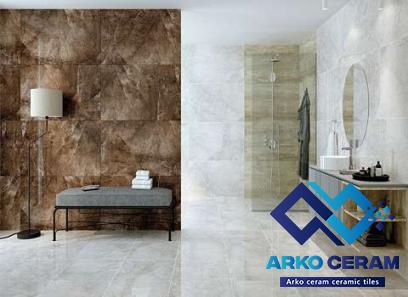
.
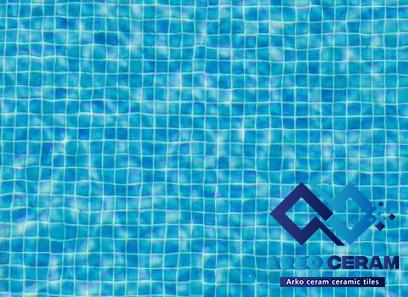 The manufacturing process of dry pressed ceramic tile begins with the preparation of the raw materials. High-quality clay is blended with other minerals like quartz, feldspar, and kaolin, to achieve the desired properties and appearance of the tile. Once the raw materials are blended, the mixture is then fed into a hydraulic press. The press exerts tremendous pressure on the mixture, compacting it into a mold of the desired shape and size. This process removes excess moisture from the mixture, hence the term “dry pressed.” After pressing, the tiles are allowed to dry naturally or are subjected to a controlled drying process. This step is crucial as it helps to remove any remaining moisture and further enhance the strength and durability of the tiles.
The manufacturing process of dry pressed ceramic tile begins with the preparation of the raw materials. High-quality clay is blended with other minerals like quartz, feldspar, and kaolin, to achieve the desired properties and appearance of the tile. Once the raw materials are blended, the mixture is then fed into a hydraulic press. The press exerts tremendous pressure on the mixture, compacting it into a mold of the desired shape and size. This process removes excess moisture from the mixture, hence the term “dry pressed.” After pressing, the tiles are allowed to dry naturally or are subjected to a controlled drying process. This step is crucial as it helps to remove any remaining moisture and further enhance the strength and durability of the tiles.
..
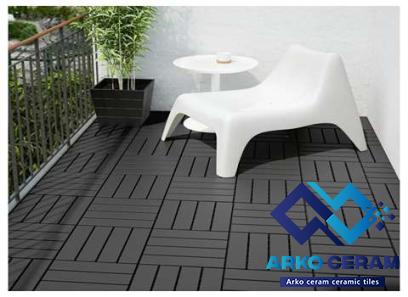 1. Durability: Dry pressed ceramic tiles are known for their exceptional strength and longevity. The dry pressing technique creates a tile with a higher density, making it highly resistant to cracks, chips, and wear. This makes it a suitable option for high-traffic areas like kitchens, bathrooms, and commercial spaces. 2. Aesthetics: Dry pressed ceramic tiles come in a wide variety of colors, patterns, and textures. The dry pressing technique ensures that the pattern and design of the tile are evenly distributed, resulting in a uniform and visually appealing surface. This makes dry pressed ceramic tile a versatile choice that can complement any interior design style. 3. Easy Maintenance: Dry pressed ceramic tile is relatively easy to clean and maintain. Its non-porous surface prevents dirt and stains from penetrating, making it resistant to staining and discoloration. Regular sweeping or vacuuming, followed by mopping with a mild detergent, is usually sufficient to keep the tiles looking clean and fresh.
1. Durability: Dry pressed ceramic tiles are known for their exceptional strength and longevity. The dry pressing technique creates a tile with a higher density, making it highly resistant to cracks, chips, and wear. This makes it a suitable option for high-traffic areas like kitchens, bathrooms, and commercial spaces. 2. Aesthetics: Dry pressed ceramic tiles come in a wide variety of colors, patterns, and textures. The dry pressing technique ensures that the pattern and design of the tile are evenly distributed, resulting in a uniform and visually appealing surface. This makes dry pressed ceramic tile a versatile choice that can complement any interior design style. 3. Easy Maintenance: Dry pressed ceramic tile is relatively easy to clean and maintain. Its non-porous surface prevents dirt and stains from penetrating, making it resistant to staining and discoloration. Regular sweeping or vacuuming, followed by mopping with a mild detergent, is usually sufficient to keep the tiles looking clean and fresh.
…
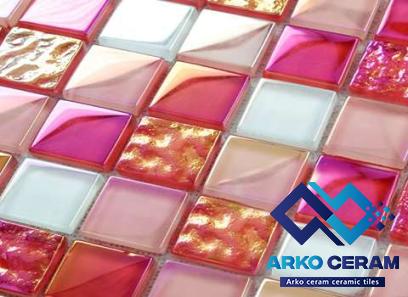 4. Eco-Friendly: Dry pressed ceramic tile is an environmentally friendly option as it is made from natural clay and minerals. The manufacturing process produces minimal waste and consumes less water compared to other tile manufacturing methods. Additionally, ceramic tile can be recycled at the end of its life cycle, further reducing its environmental impact. 5. Cost-Effective: Dry pressed ceramic tile offers excellent value for money. Compared to other types of tile, it is generally more affordable while still providing a high level of quality and durability. Its long lifespan also means that it requires less frequent replacement, leading to long-term cost savings.
4. Eco-Friendly: Dry pressed ceramic tile is an environmentally friendly option as it is made from natural clay and minerals. The manufacturing process produces minimal waste and consumes less water compared to other tile manufacturing methods. Additionally, ceramic tile can be recycled at the end of its life cycle, further reducing its environmental impact. 5. Cost-Effective: Dry pressed ceramic tile offers excellent value for money. Compared to other types of tile, it is generally more affordable while still providing a high level of quality and durability. Its long lifespan also means that it requires less frequent replacement, leading to long-term cost savings.
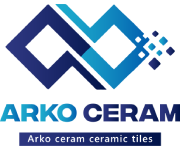
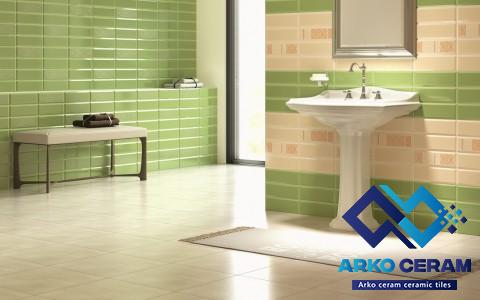
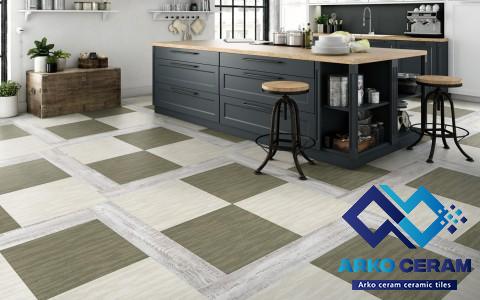
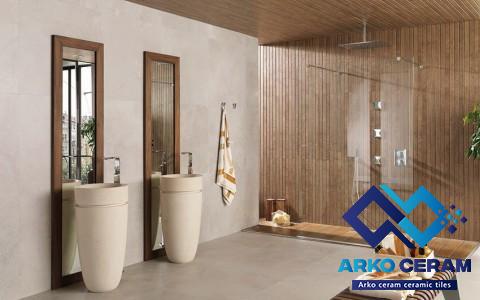
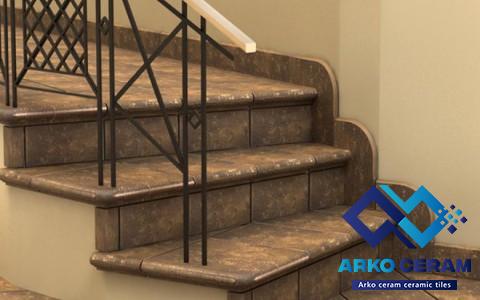
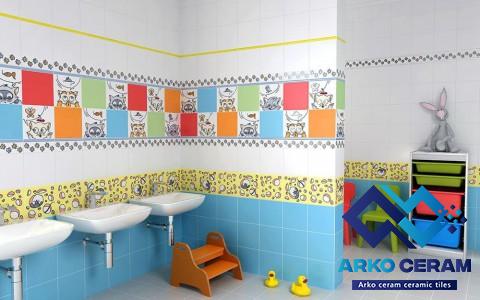
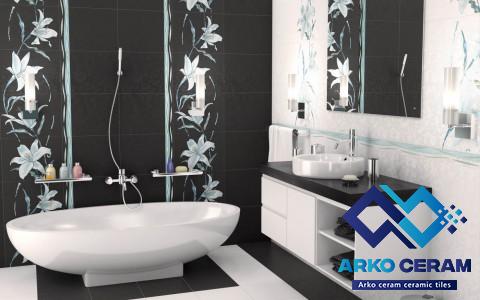
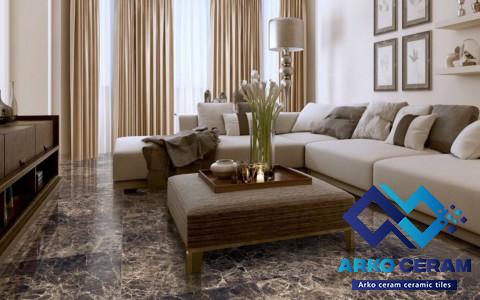
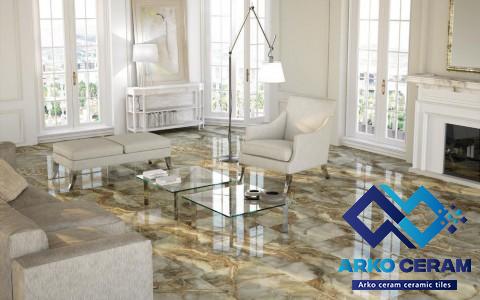
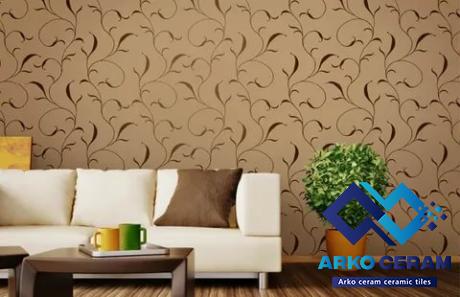
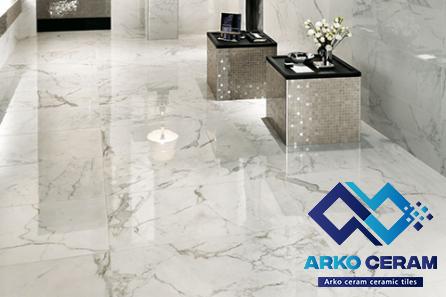
Your comment submitted.